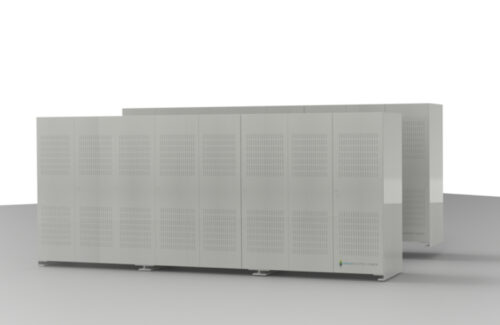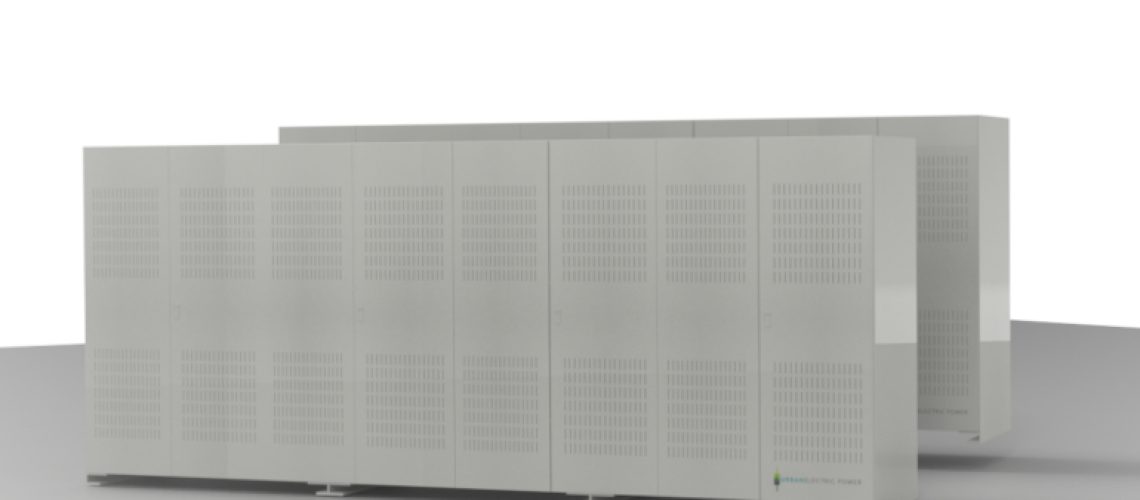Utility-scale solar developer Pine Gate Renewables has signed an MOU for 4,500 MWh of rechargeable zinc-alkaline batteries from Urban Electric Power for the next five years. This agreement allows Pine Gate access to Urban Electric Power batteries each year, under preferential terms.
 “We’re excited to partner with Urban Electric Power to bring zinc-alkaline batteries, a familiar household item, and apply it toward grid-connected utility scale applications for our customers across the United States,” said Raafe Khan, Director of Energy Storage at Pine Gate Renewables. “We are committed to supporting our partners and customers with safe, domestically manufactured, scalable, reliable, and durable solutions that they can connect with for their storage needs. This is just the start of an exciting journey ahead for both organizations and we look forward to working with the Urban Electric Power team in building a sustainable energy storage ecosystem so that our customers can live their lives uninterrupted.”
“We’re excited to partner with Urban Electric Power to bring zinc-alkaline batteries, a familiar household item, and apply it toward grid-connected utility scale applications for our customers across the United States,” said Raafe Khan, Director of Energy Storage at Pine Gate Renewables. “We are committed to supporting our partners and customers with safe, domestically manufactured, scalable, reliable, and durable solutions that they can connect with for their storage needs. This is just the start of an exciting journey ahead for both organizations and we look forward to working with the Urban Electric Power team in building a sustainable energy storage ecosystem so that our customers can live their lives uninterrupted.”
Urban Electric Power’s patented technology tweaks the chemistry of the familiar household AA battery to make it rechargeable. This enables safer, more affordable energy storage solutions, which the New York-based company offers under the Ohm label to residential and commercial applications, and under the Zeus label for utility-scale. The batteries are assembled at its factory in Pearl River, New York.
Under development since 2012 by researchers at City College of New York, the rechargeable zinc-alkaline technology has already been tested and proven for large-scale uses such as in the San Diego Supercomputer Center, and at commercial-industrial locations to offer backup power and dispatchable energy storage to the power grid.
“As we phase out fossil fuels and add distributed renewables, demand will only grow for replacing old battery technology with cost-effective energy storage that is safer, longer-lasting, and more environmentally friendly,” said Ann Marie Augustus, Urban Electric Power’s Vice President of Operations. “We offer non-toxic, utility-scale battery energy storage with no thermal runaway fire risk, at a cost and environmental footprint less than standard lithium-ion or lead batteries.”
News item from UEP



